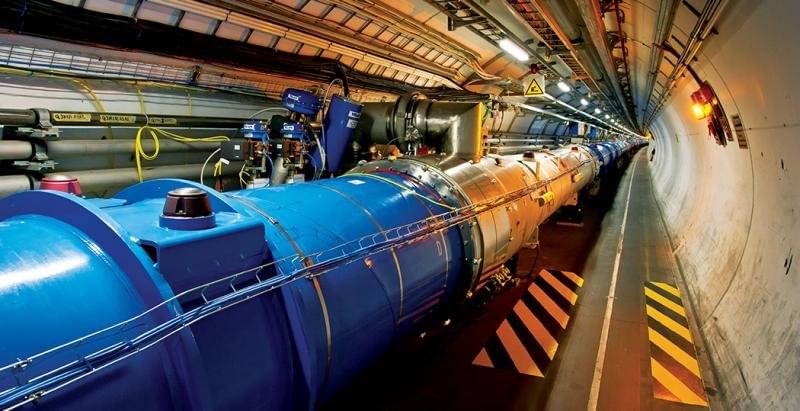Technology is being pushed to its very limits. The upgrades to the Large Hadron Collider (LHC) at CERN slated for the next few years will increase data transfer rates beyond what the current neutrino detector for the FASER experiment can cope with, requiring it to be replaced by a new kind of more powerful detector.
This is a task that physicist Professor Matthias Schott from the University of Bonn will be tackling.
Extremely lightweight, electrically neutral and found almost everywhere in the universe, neutrinos are among its most ubiquitous particles and thus one of its basic building blocks. To researchers, however, these virtually massless elementary particles are still “ghost particles.”
